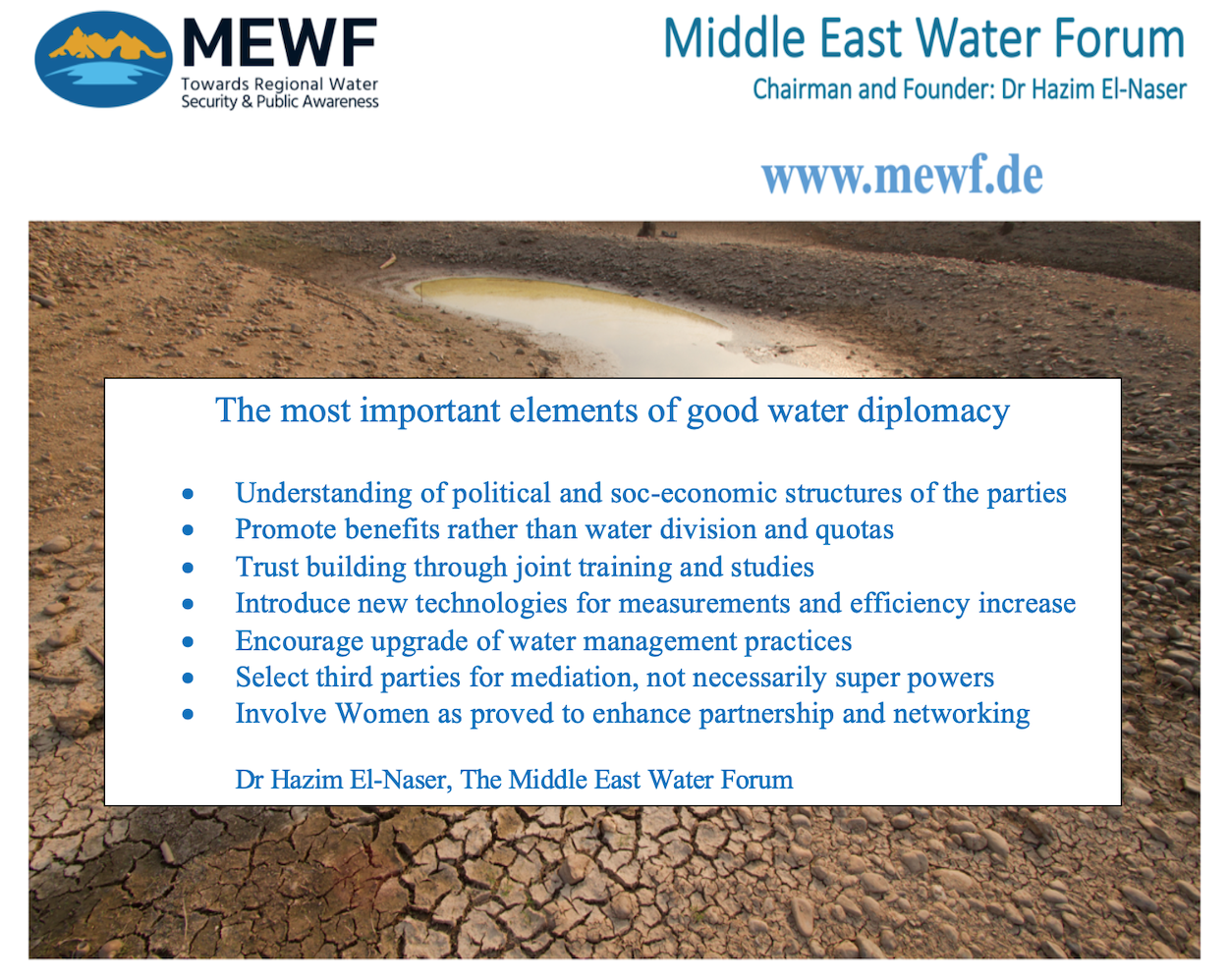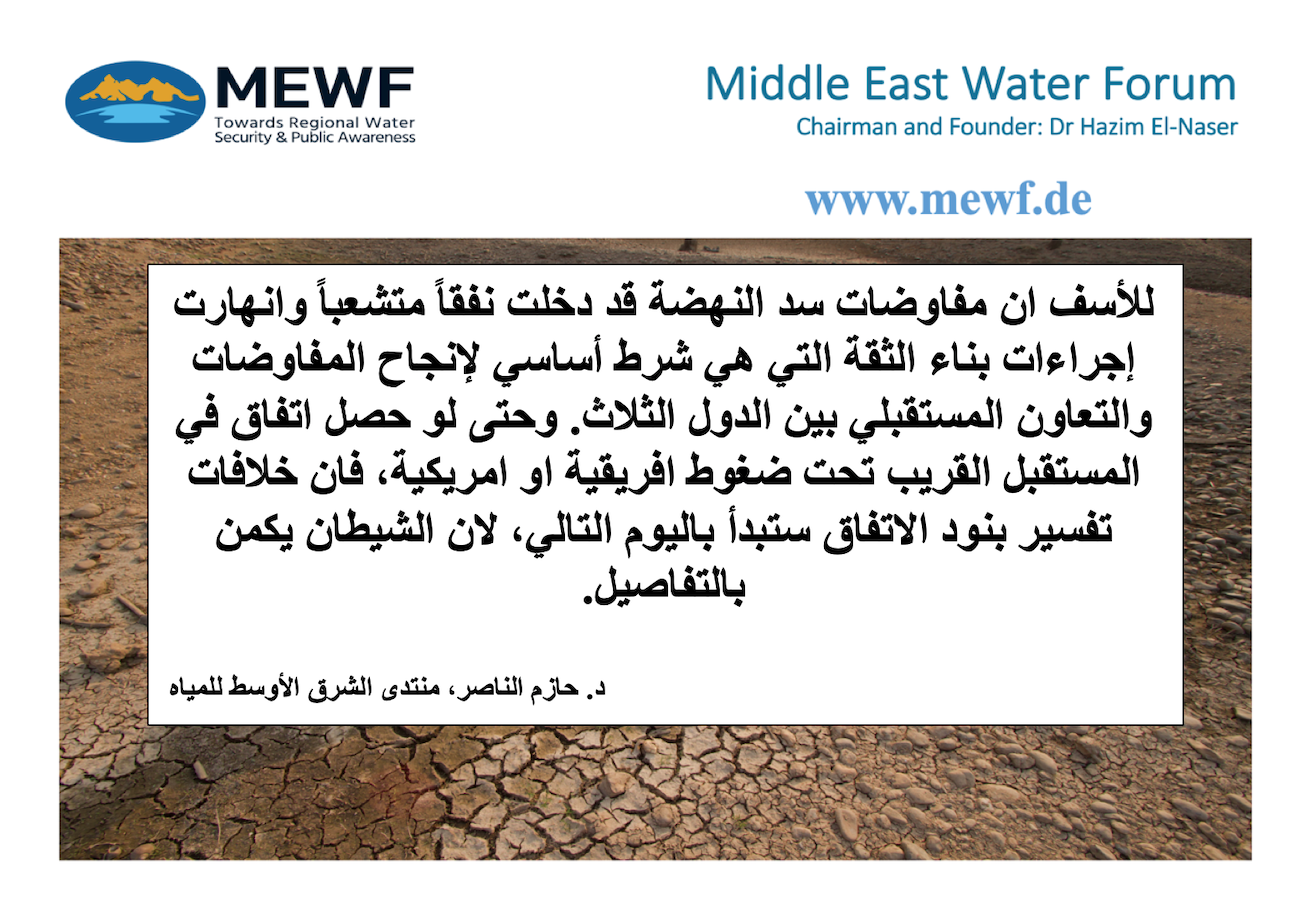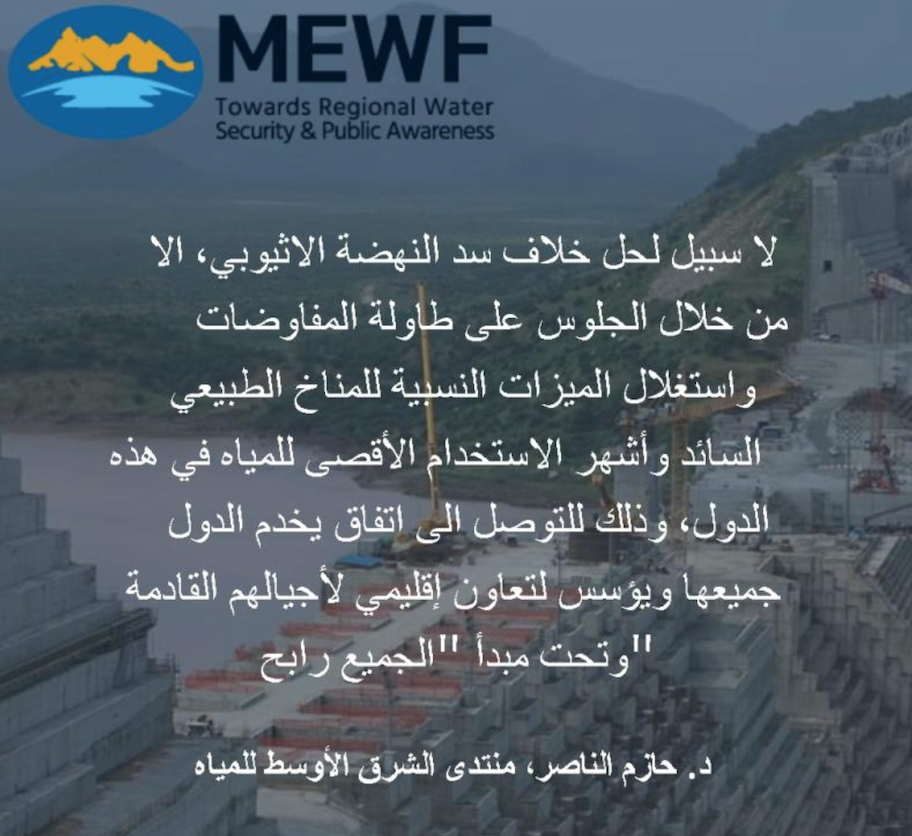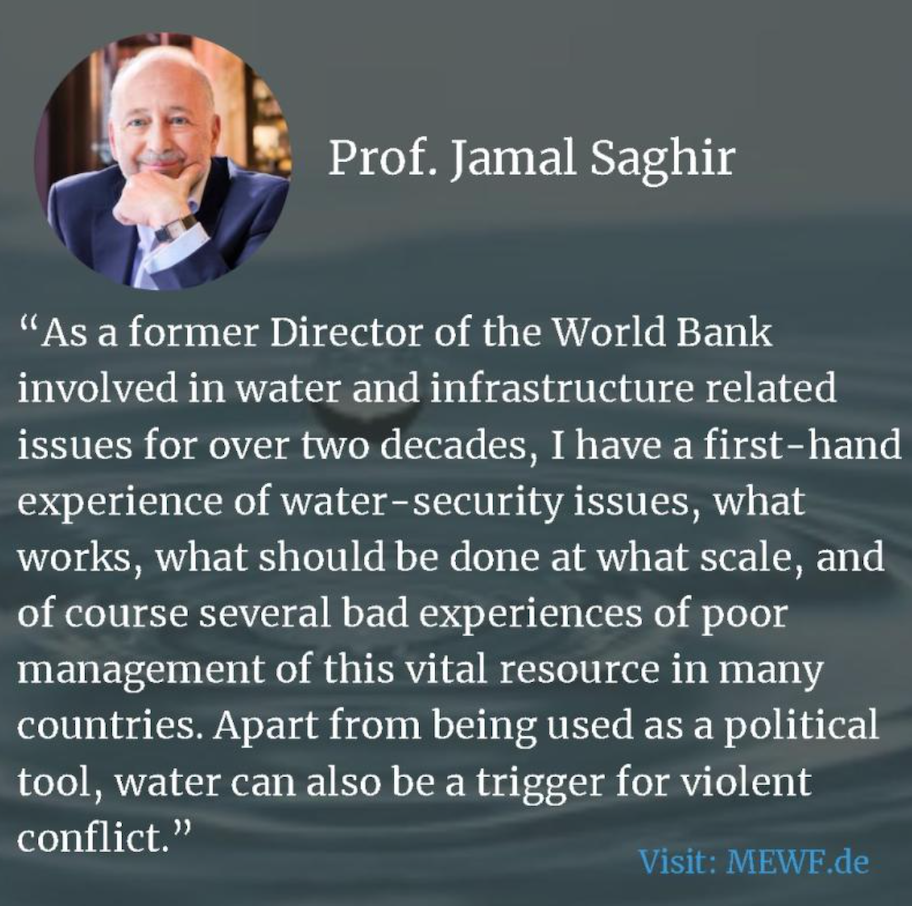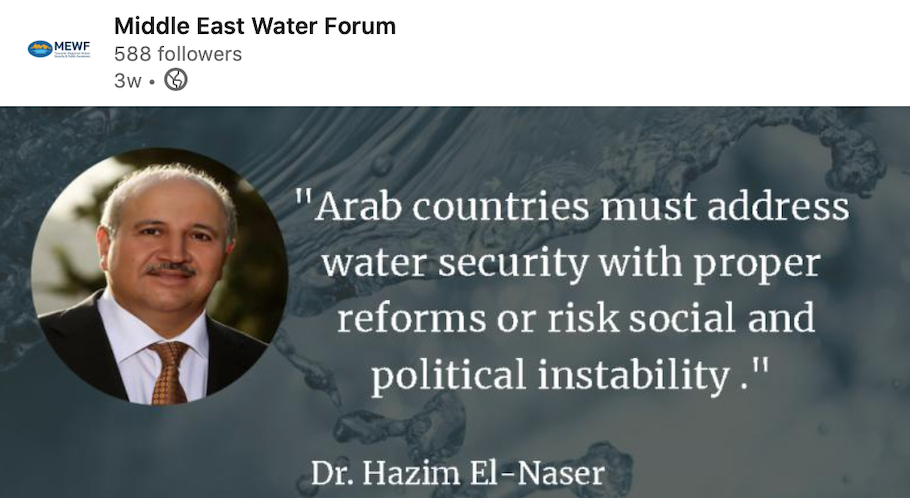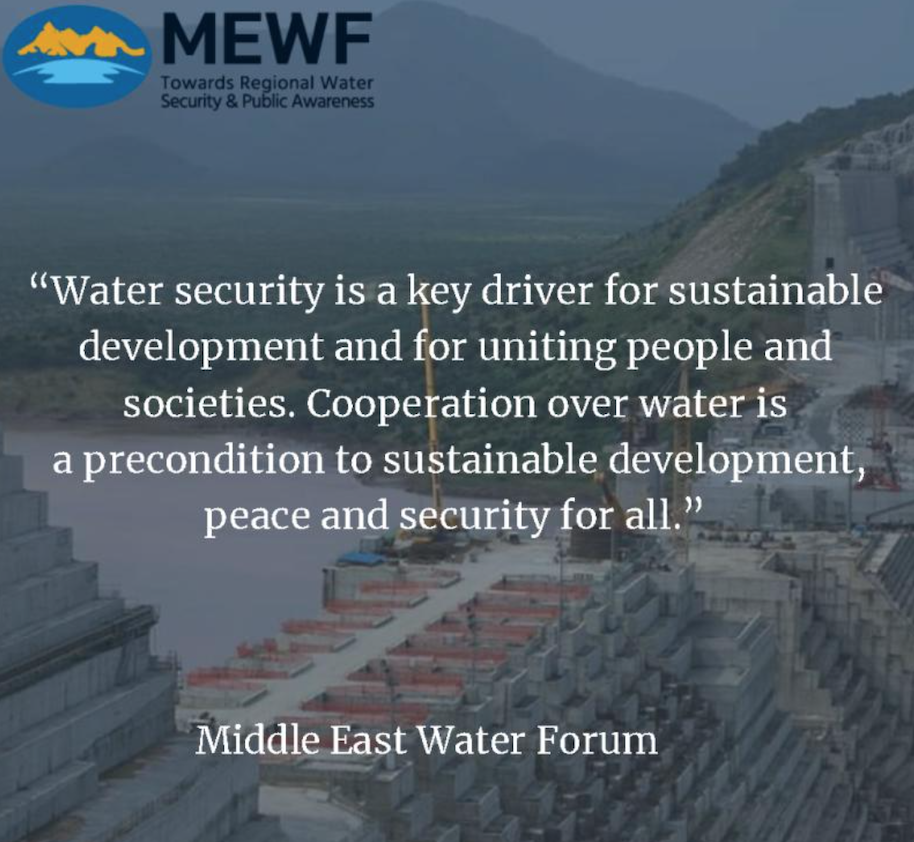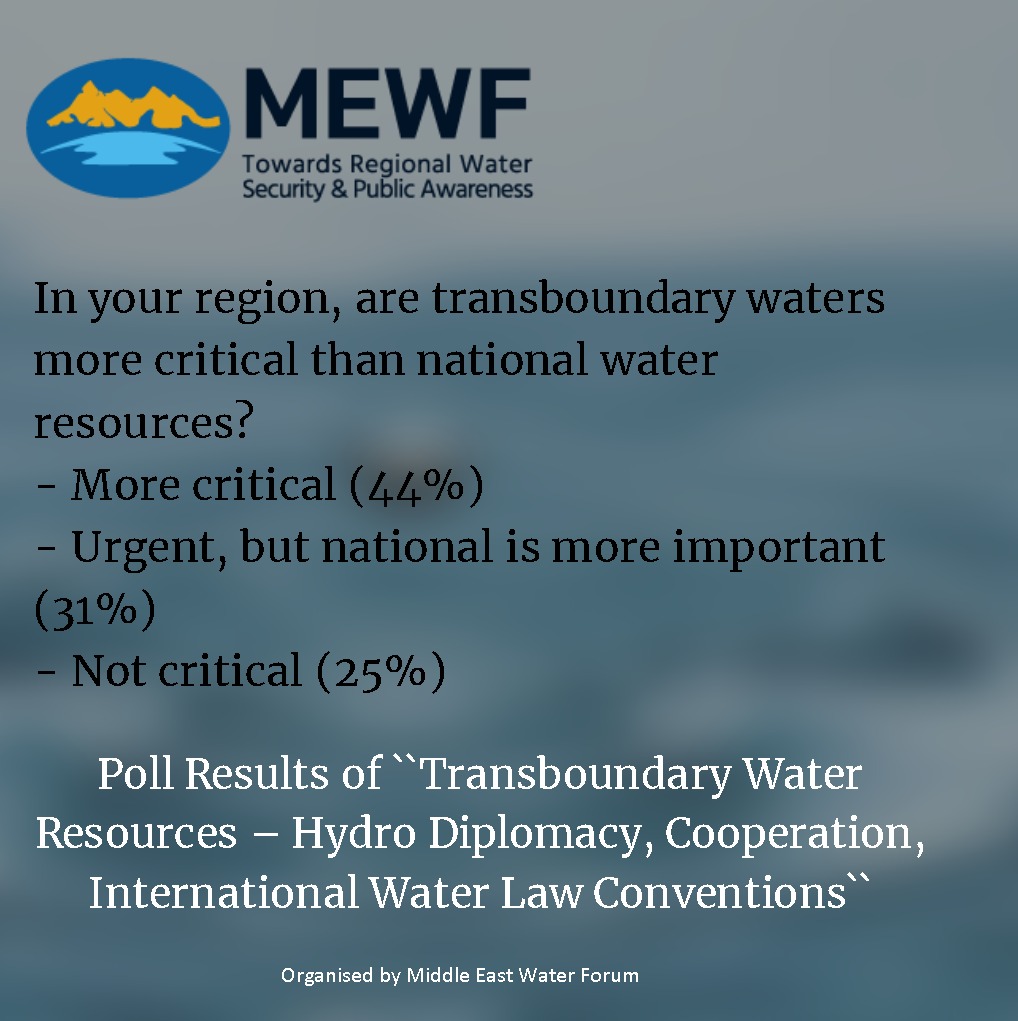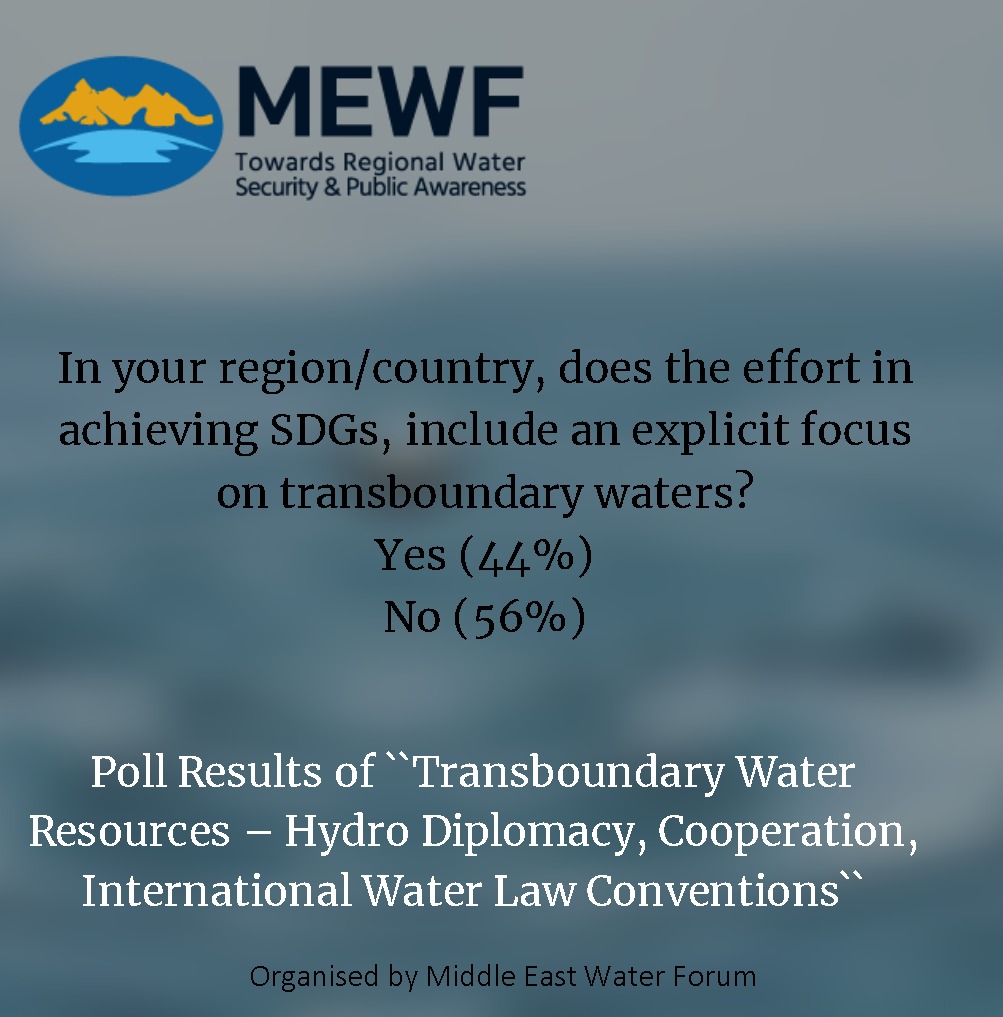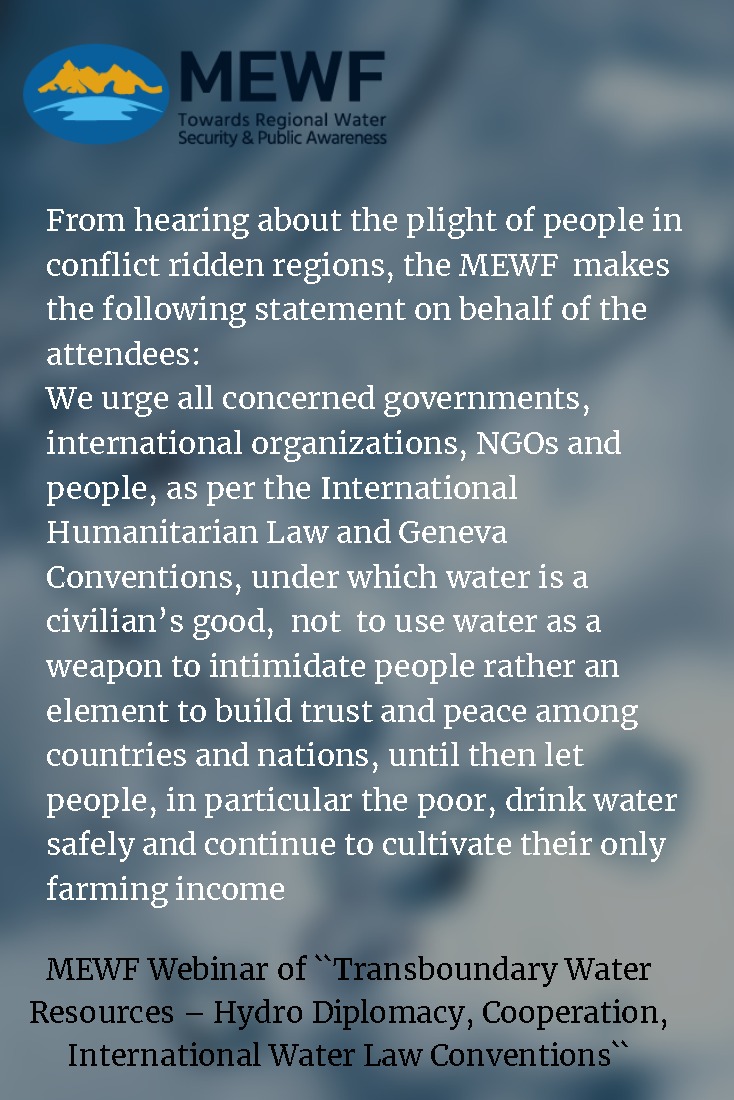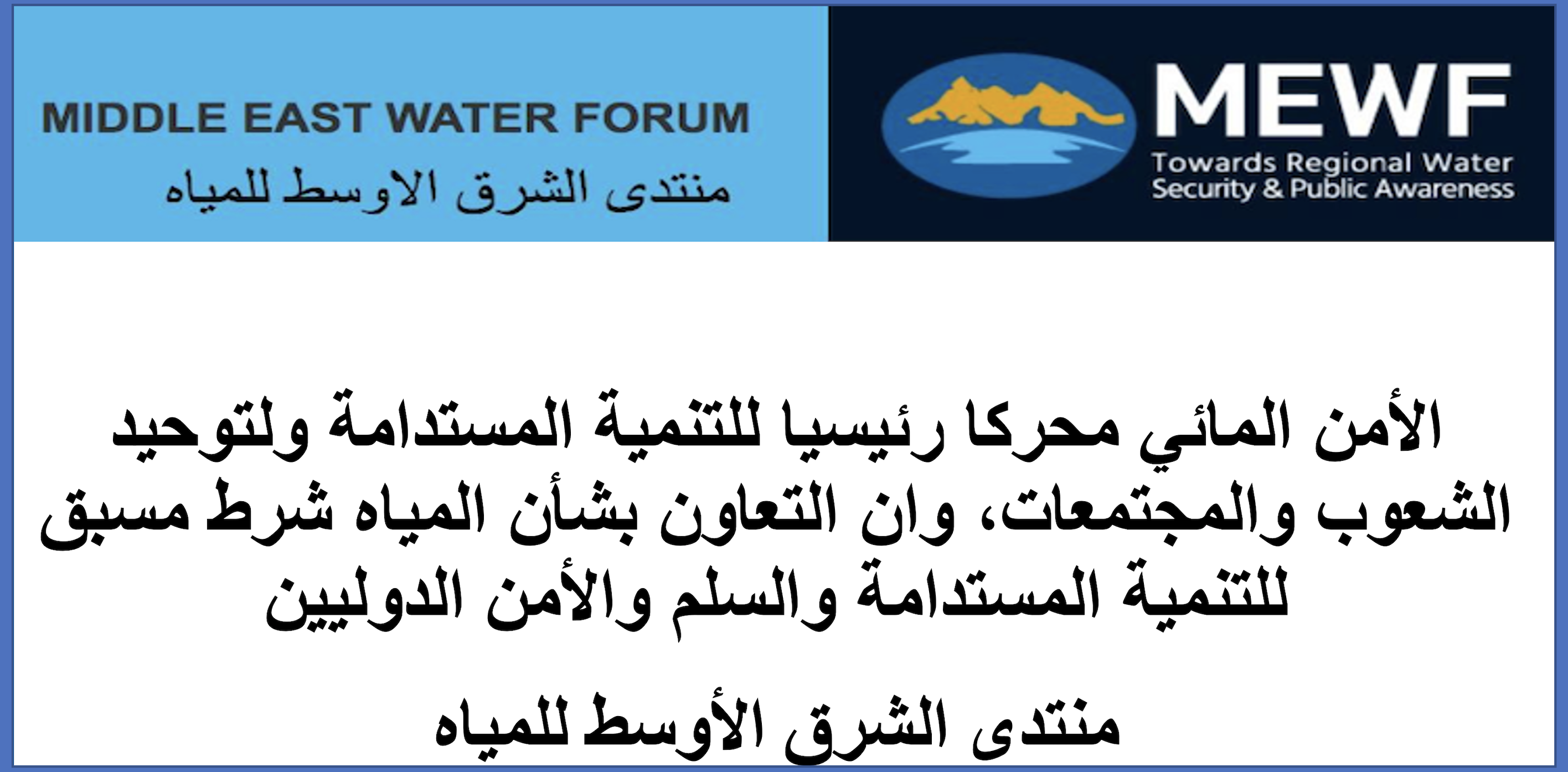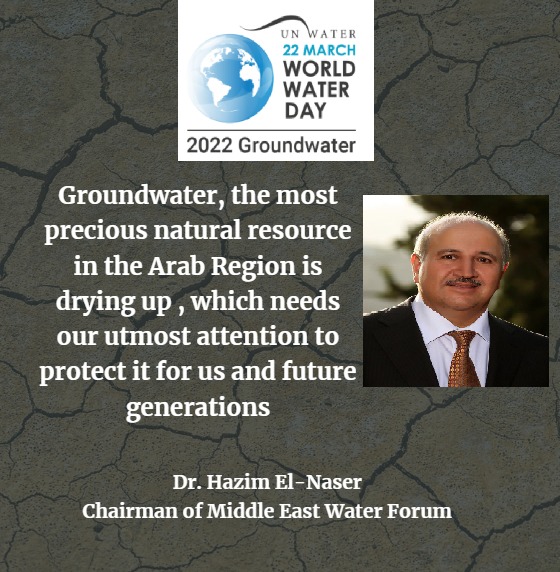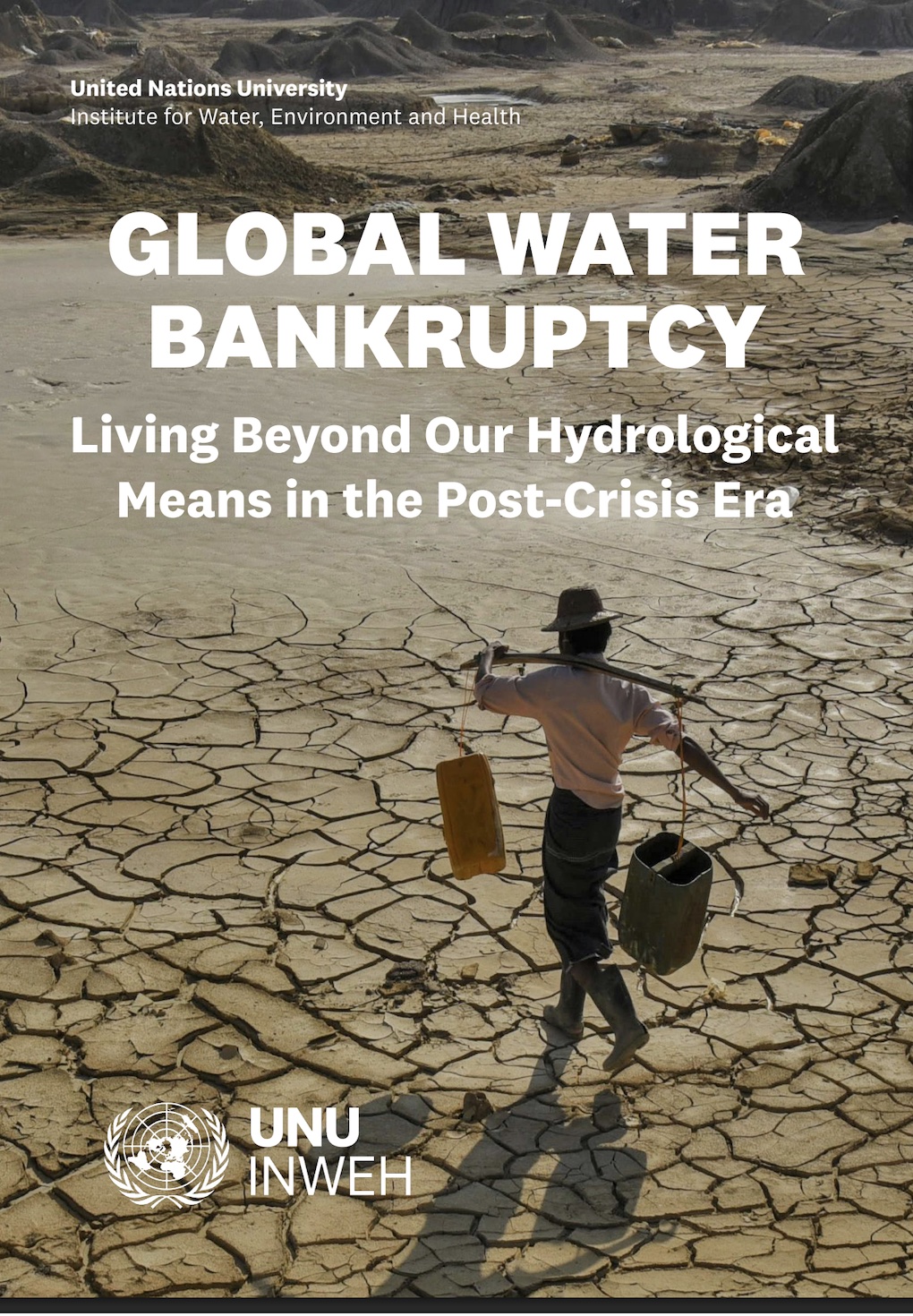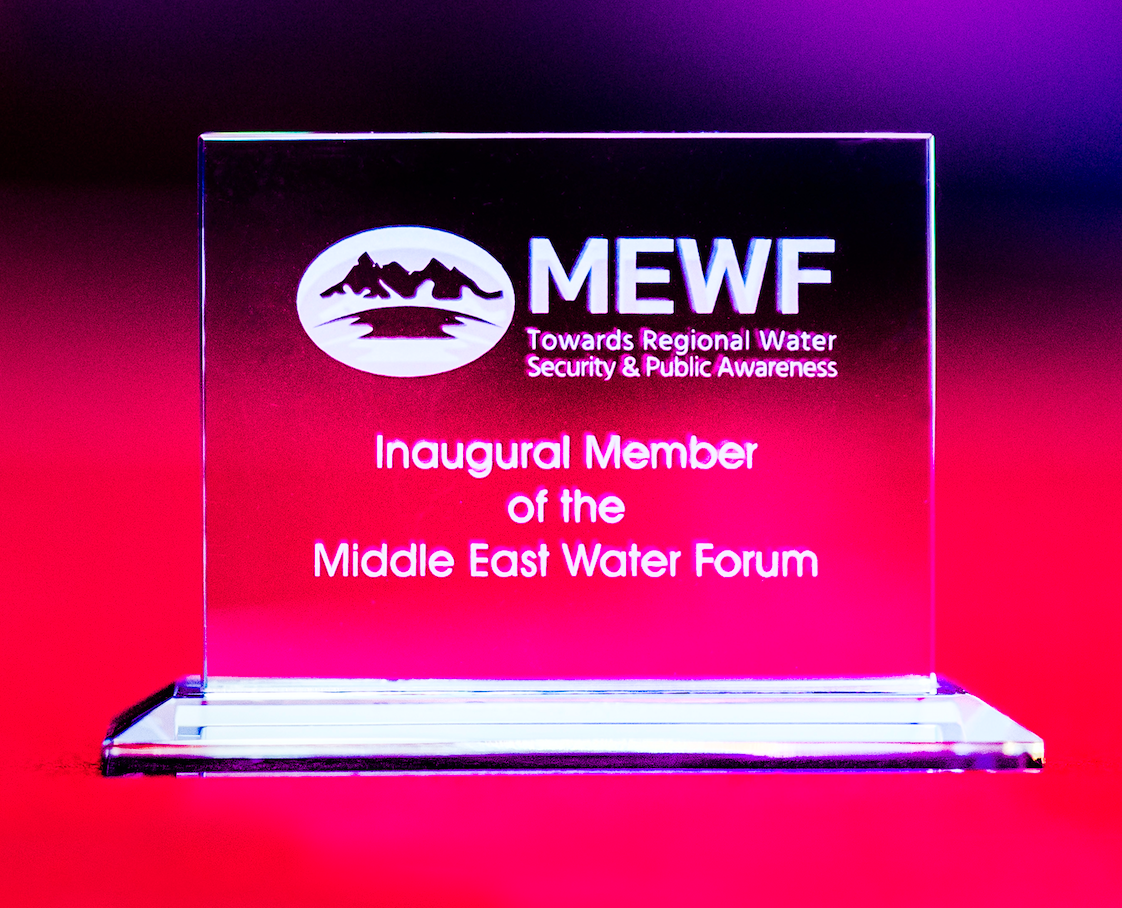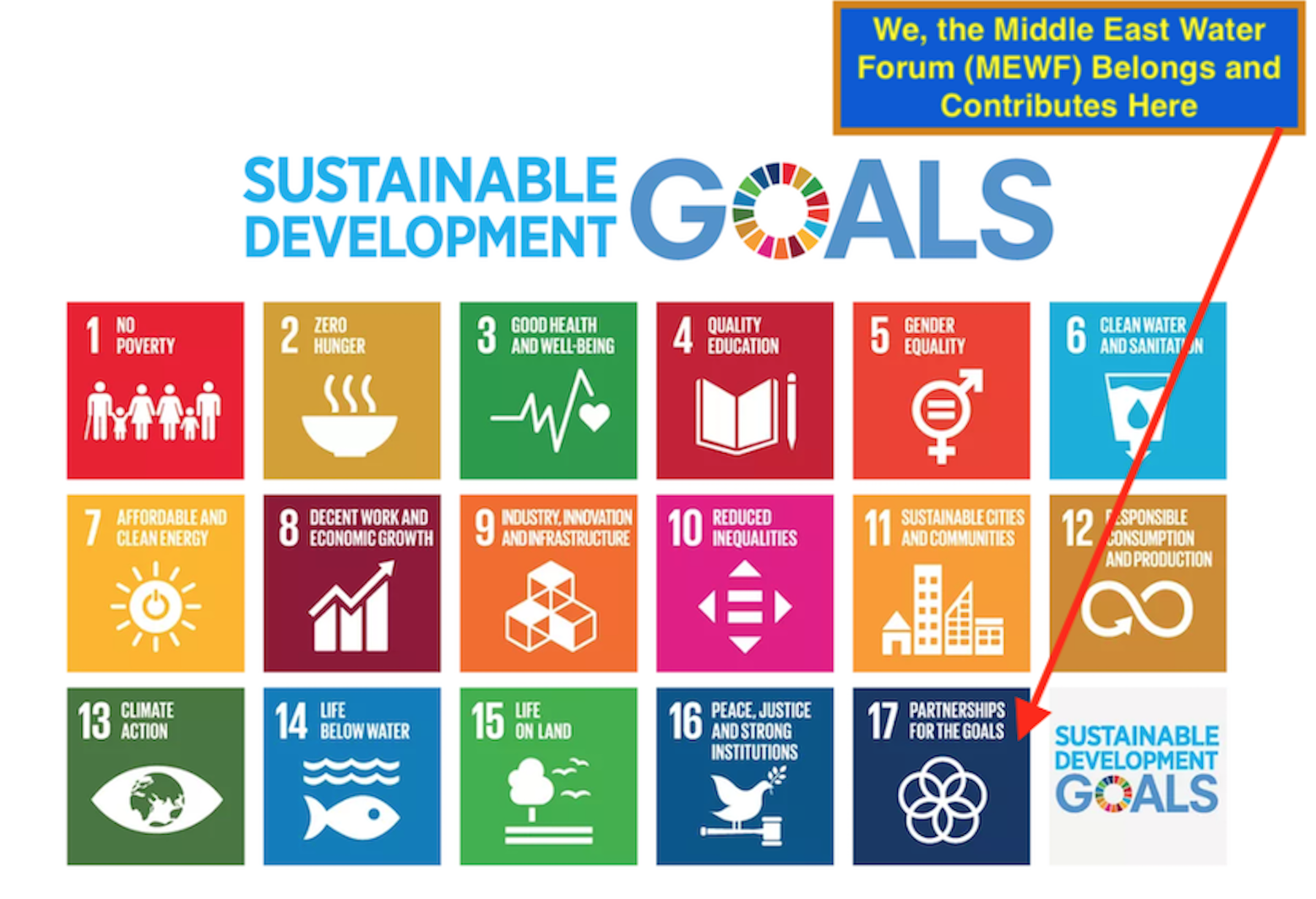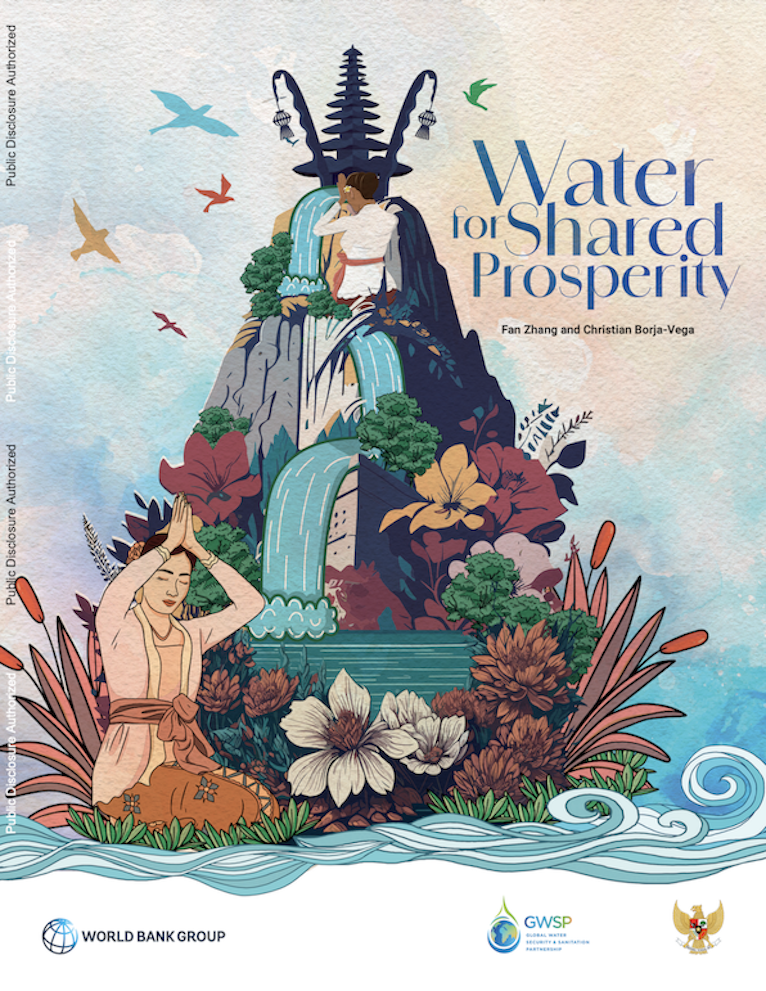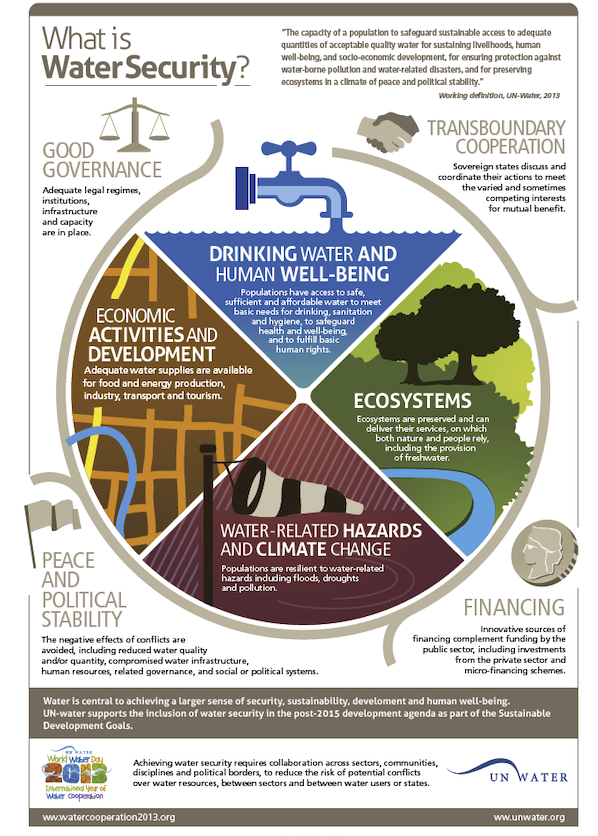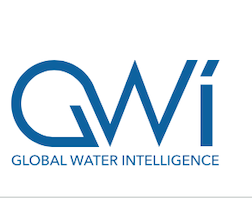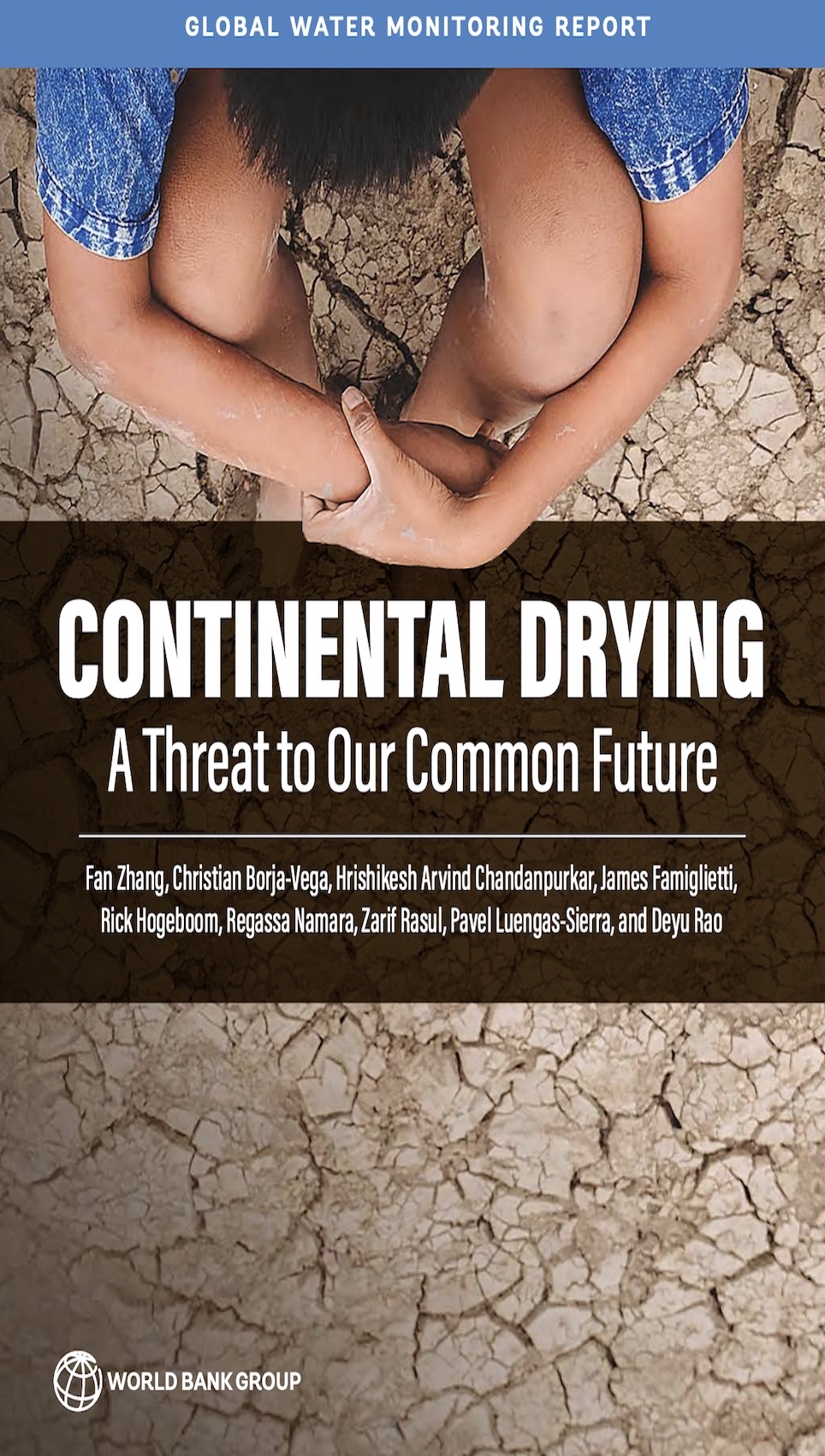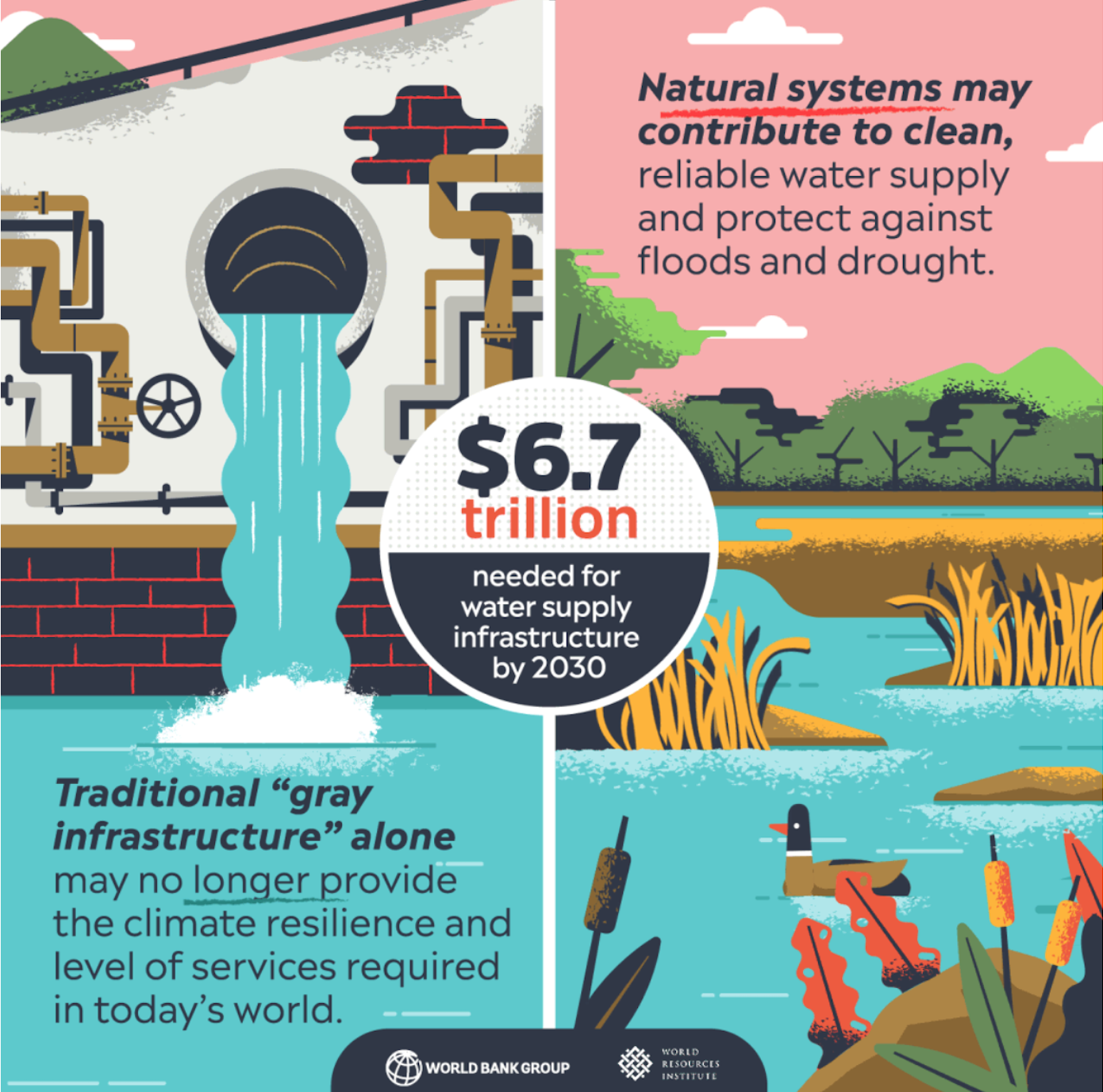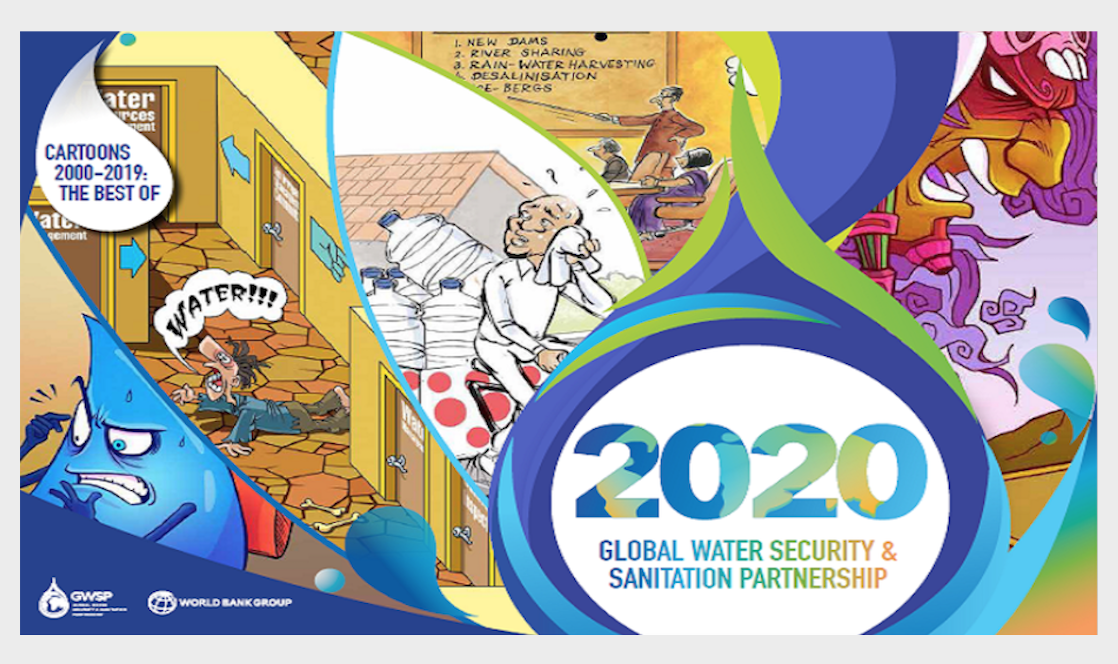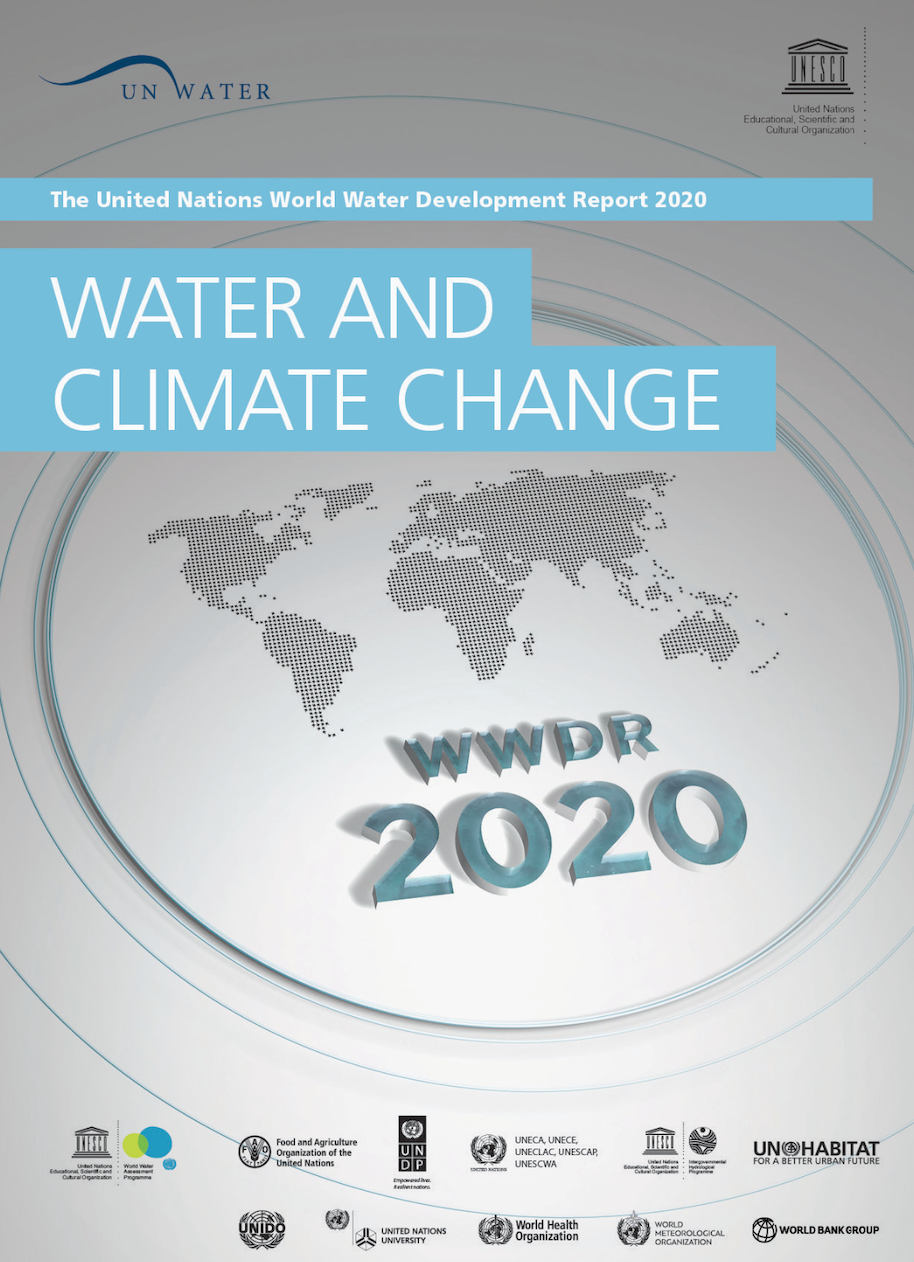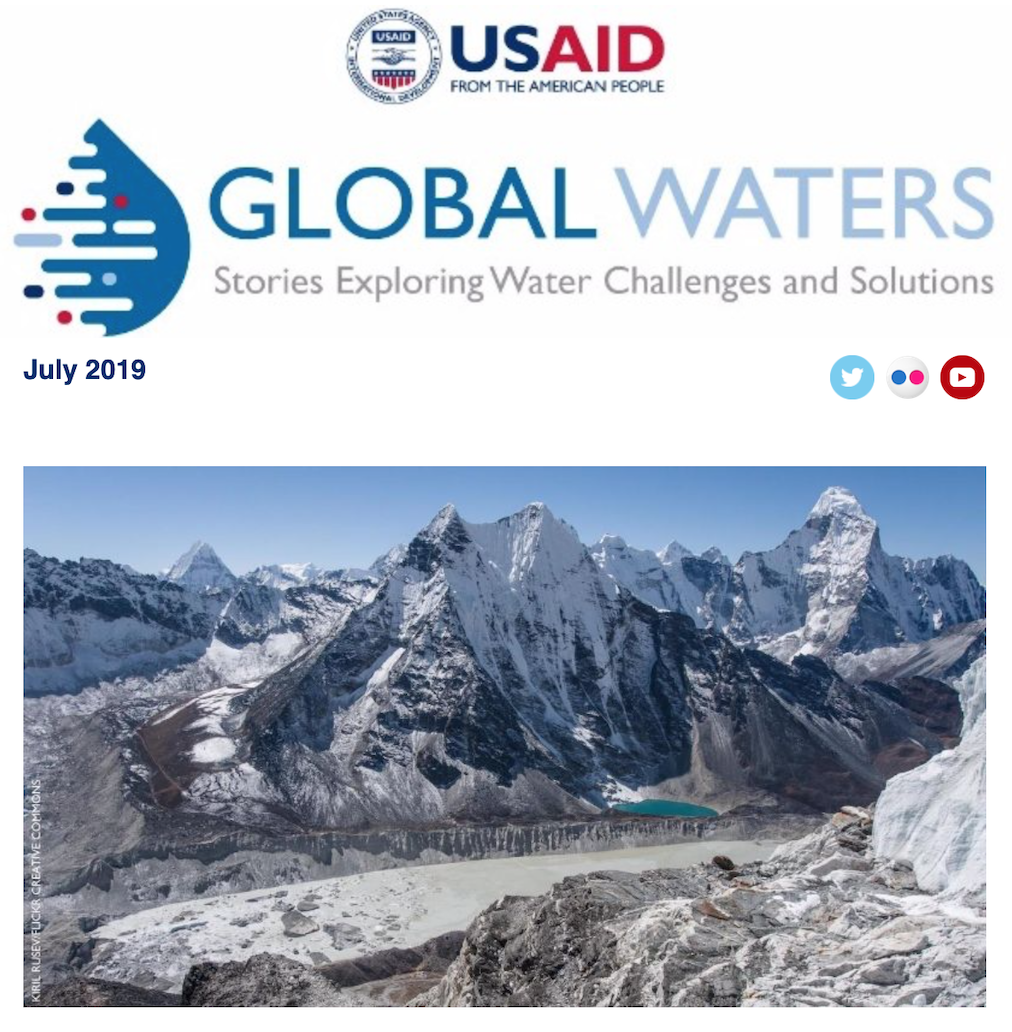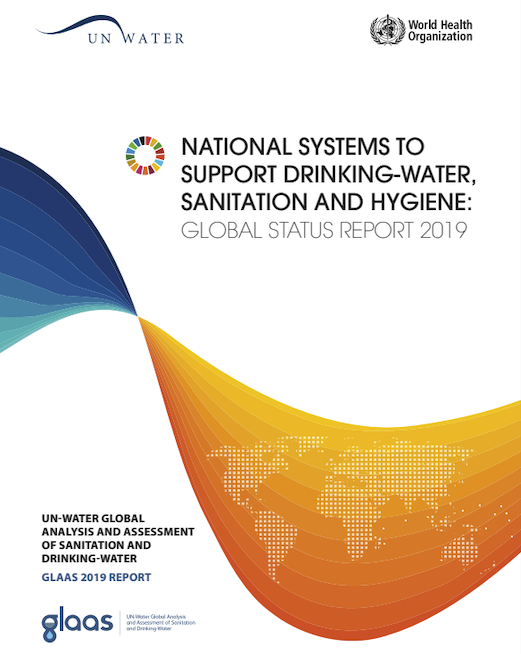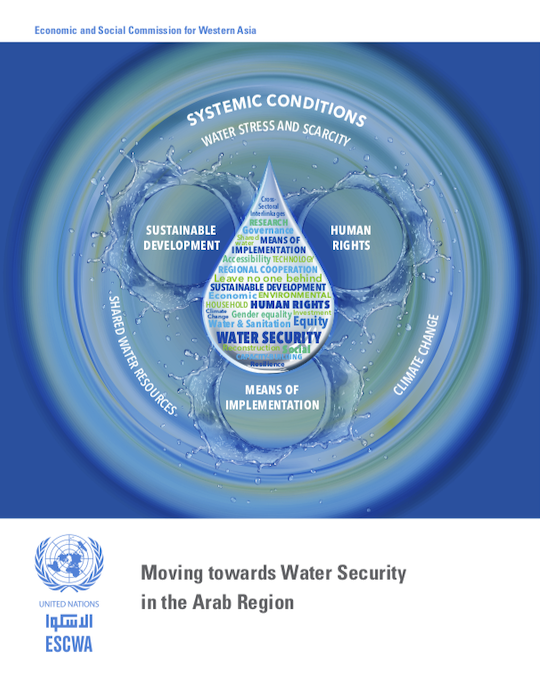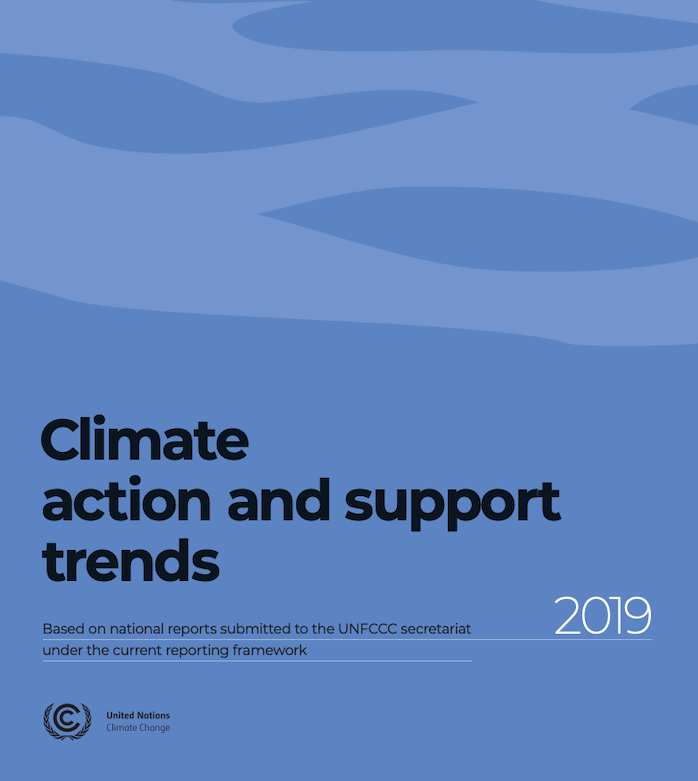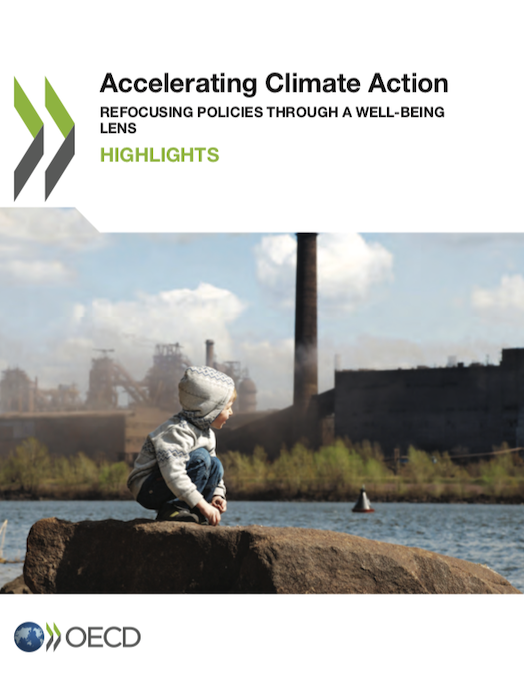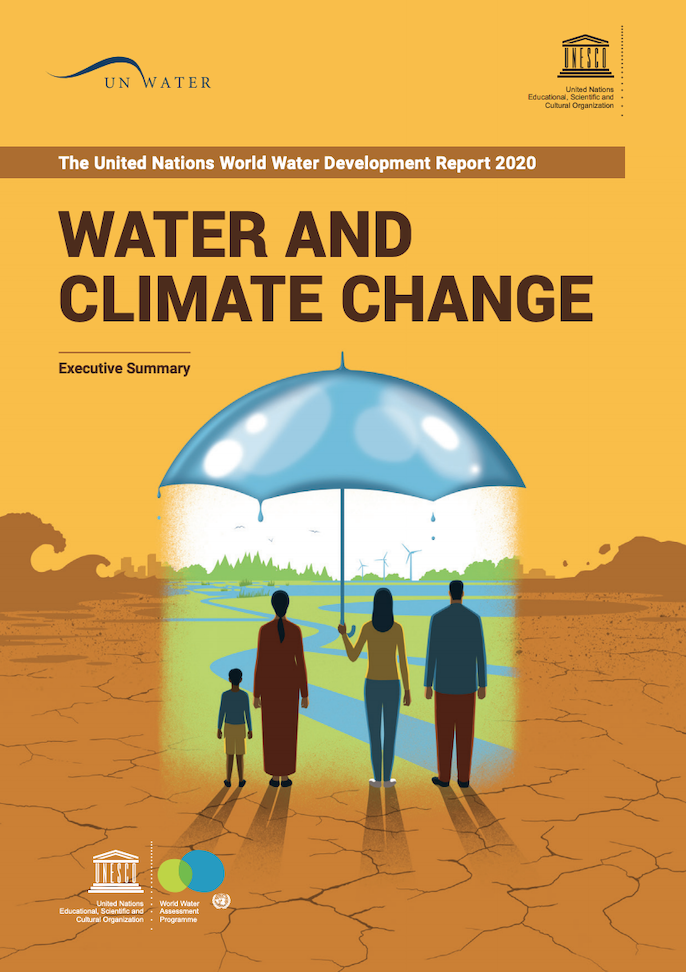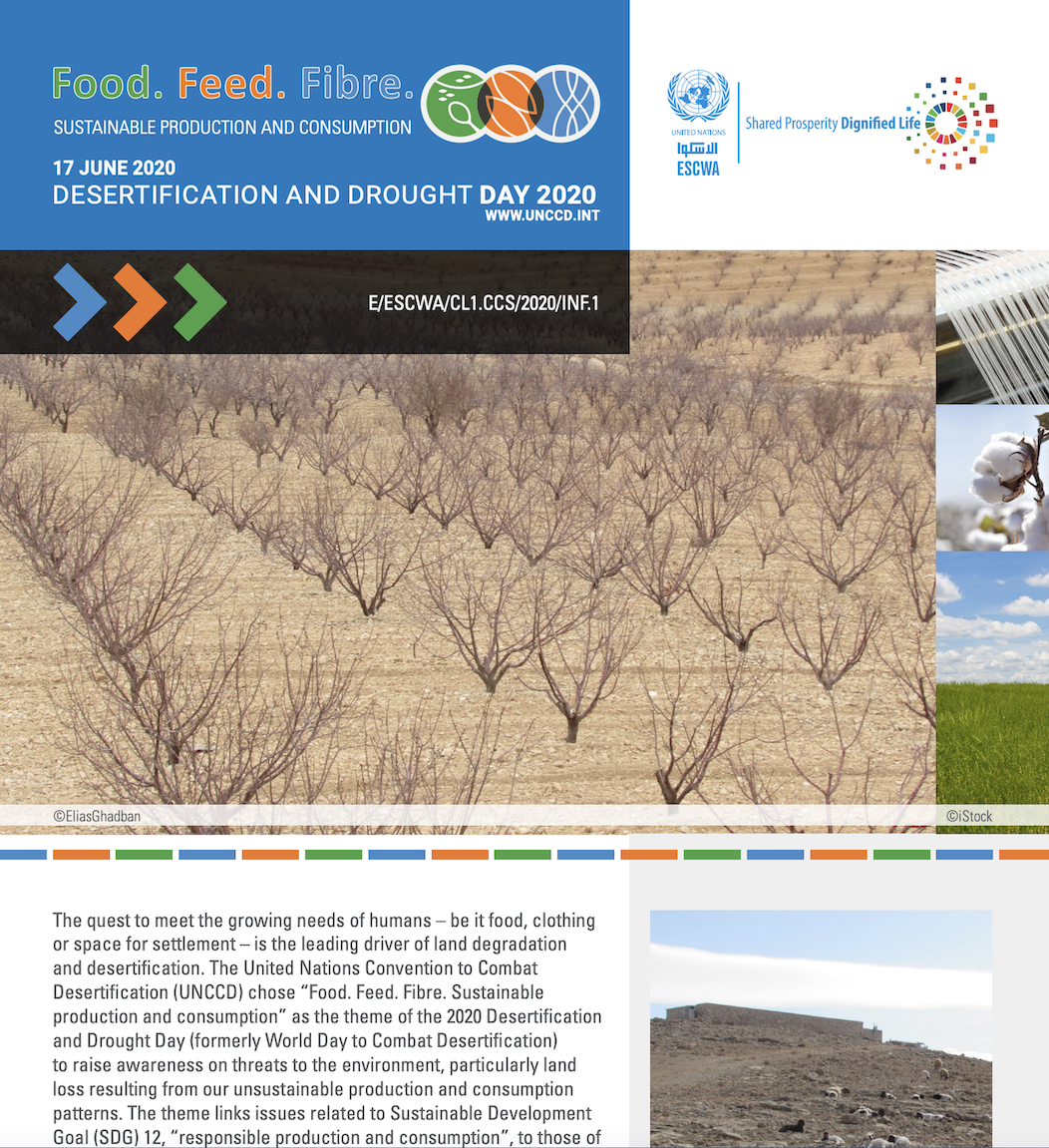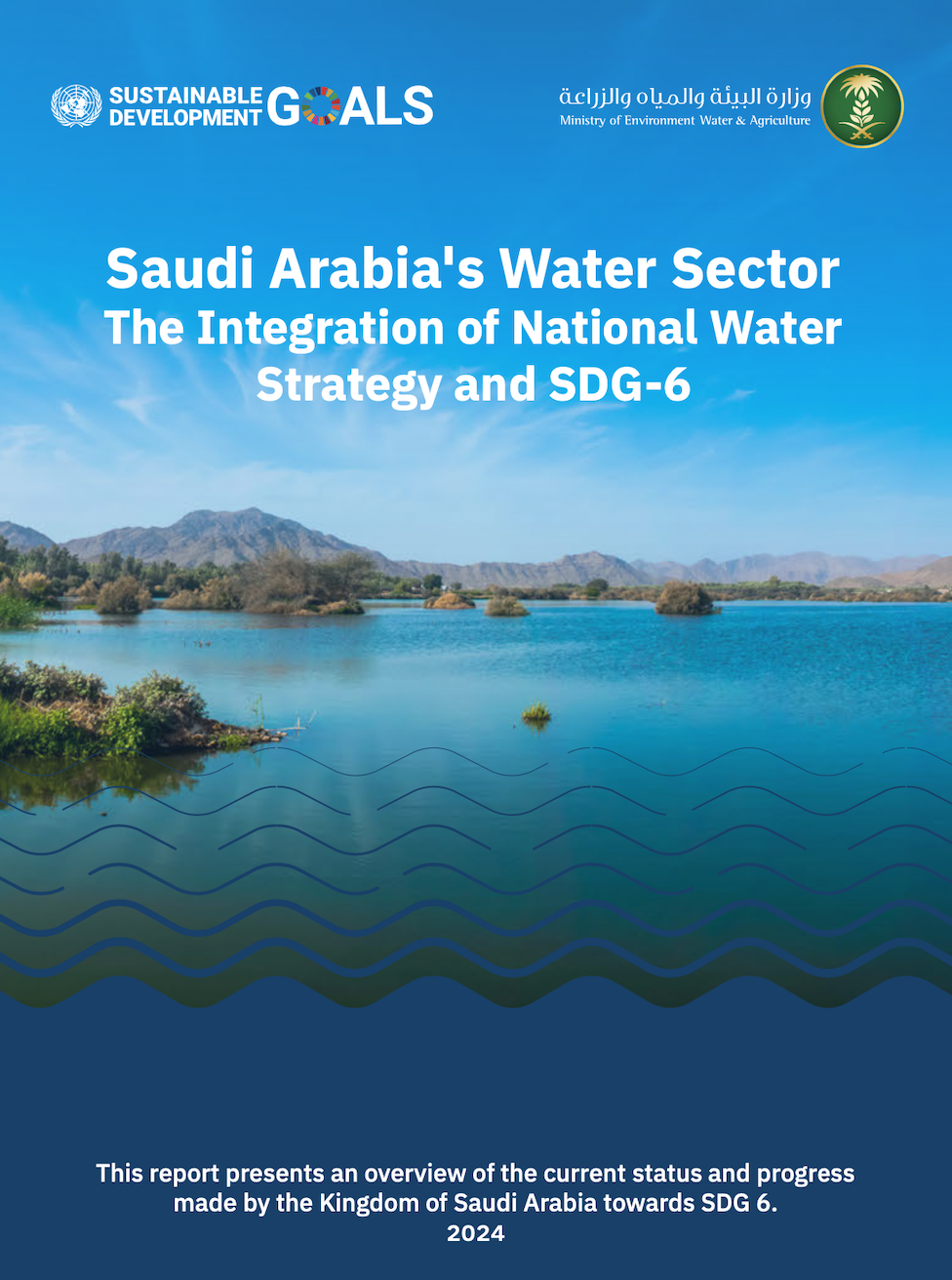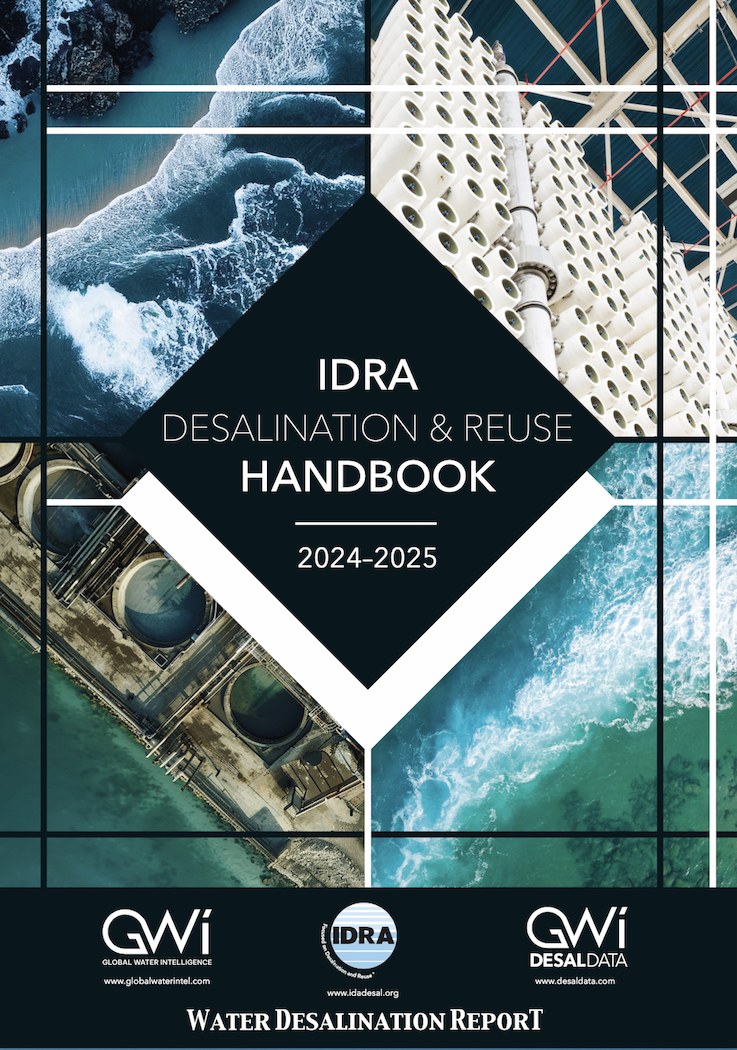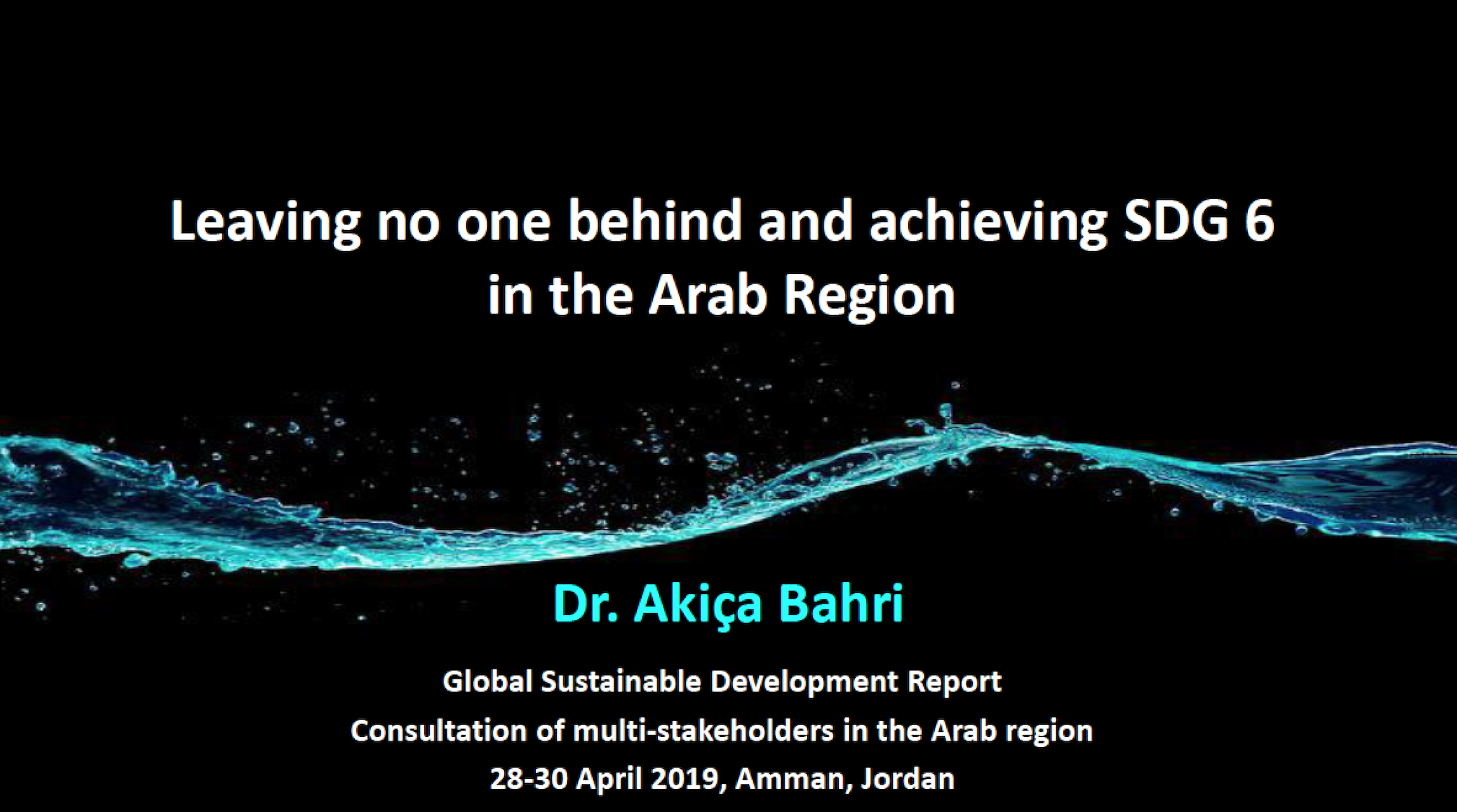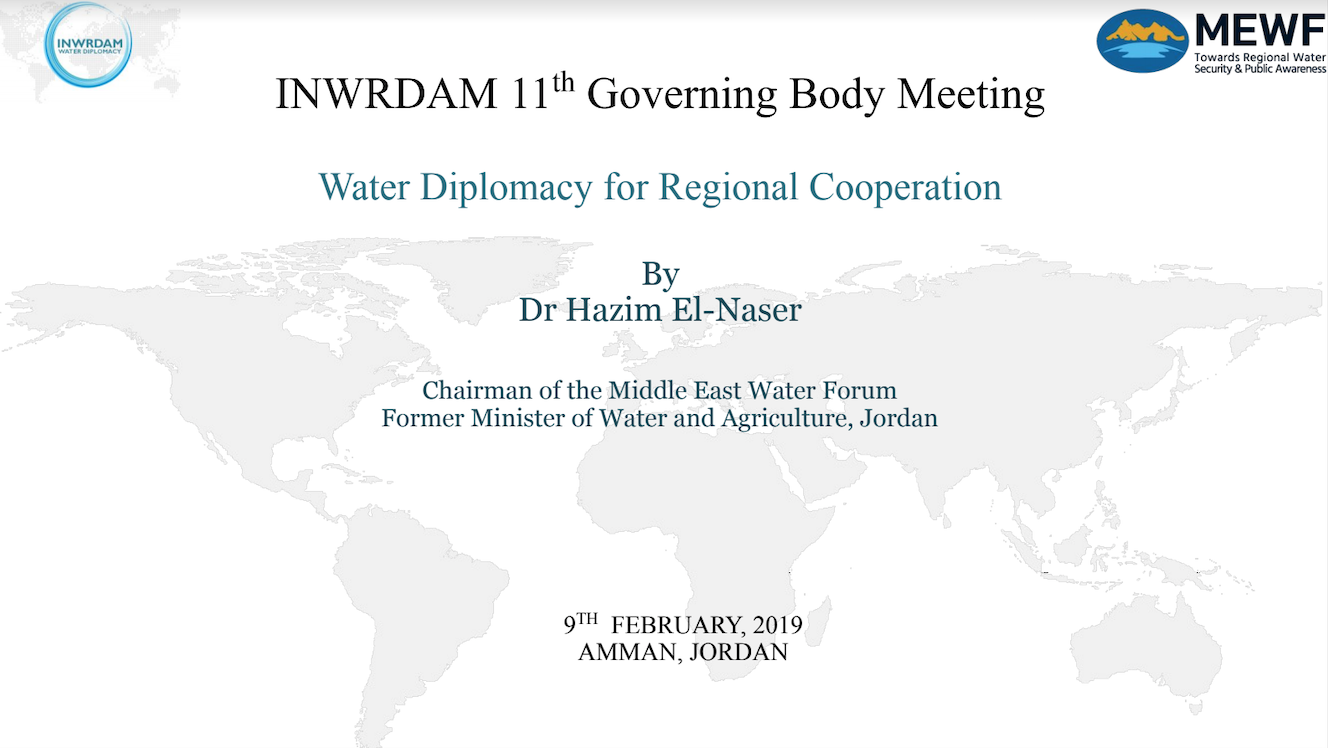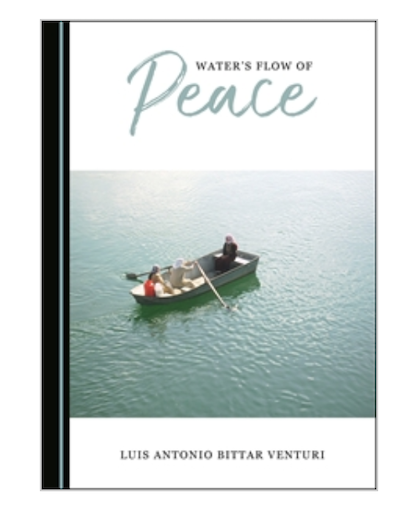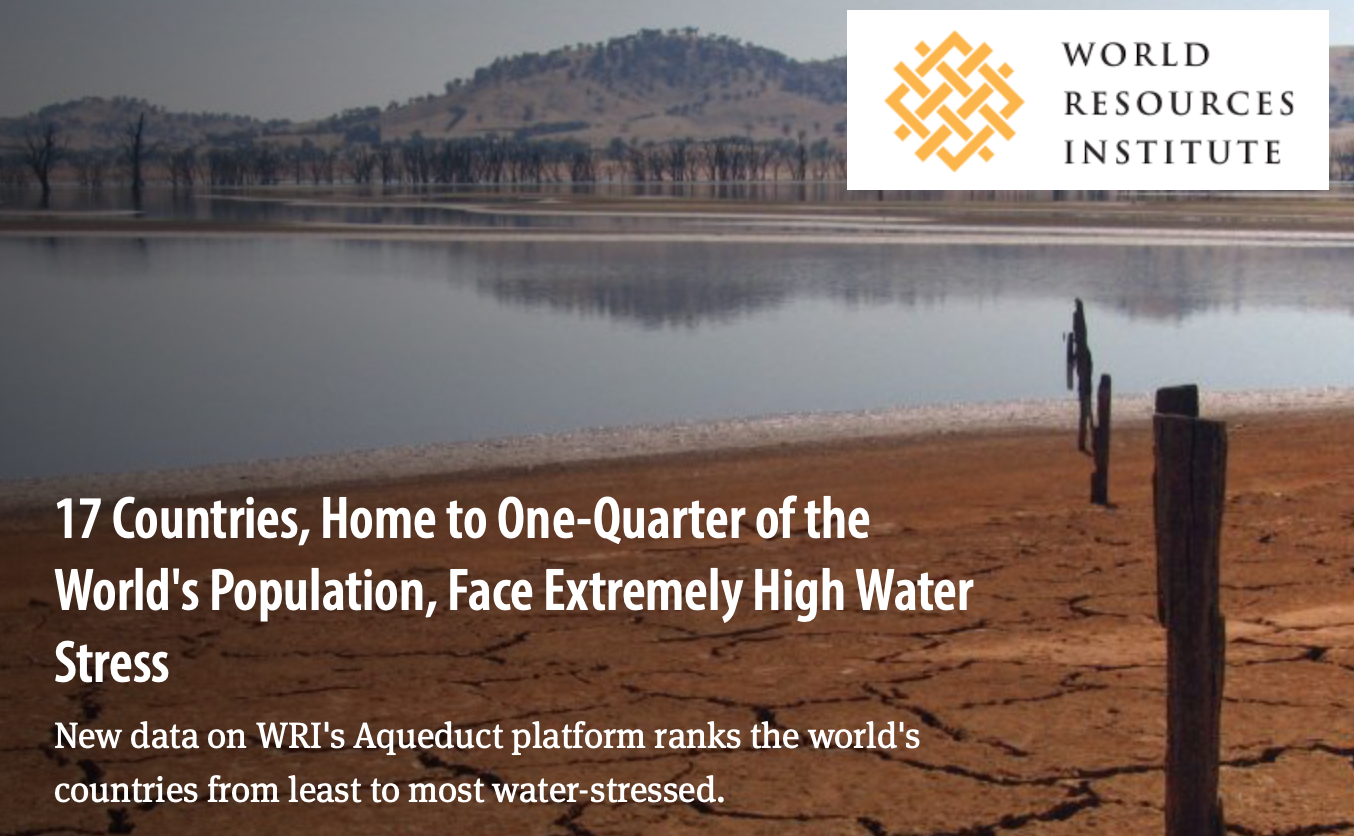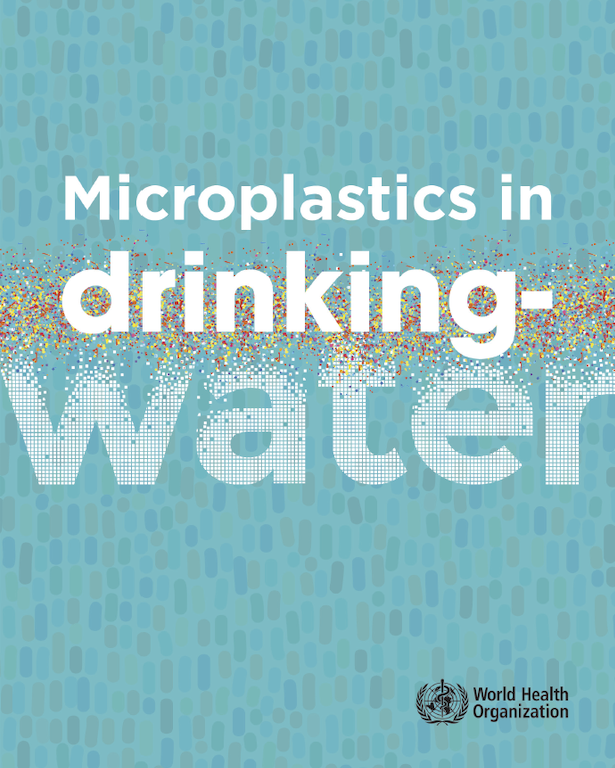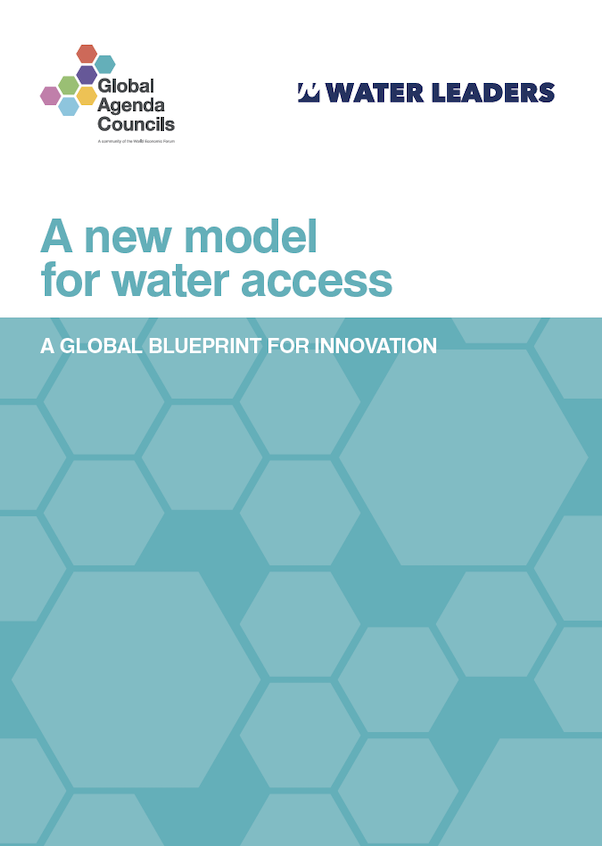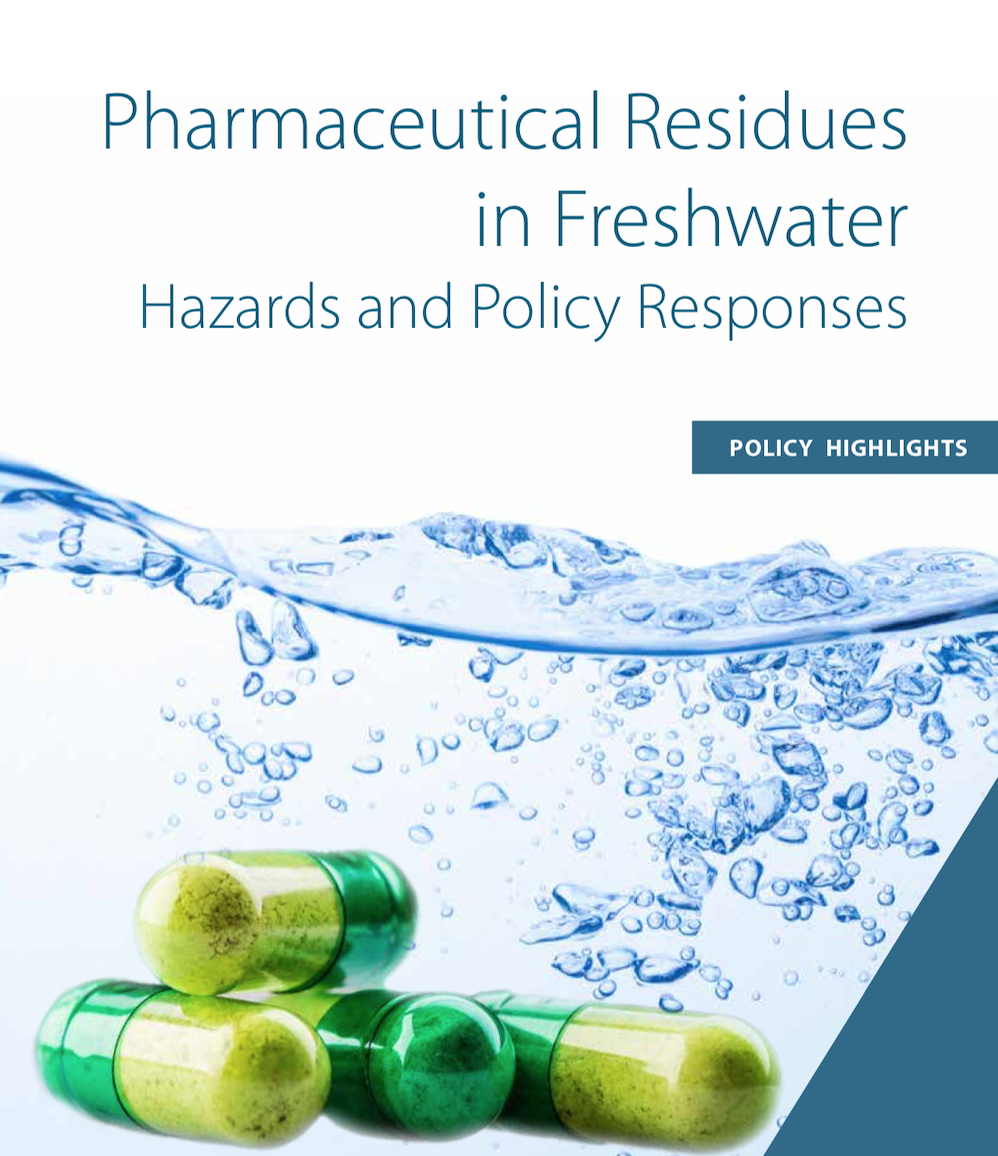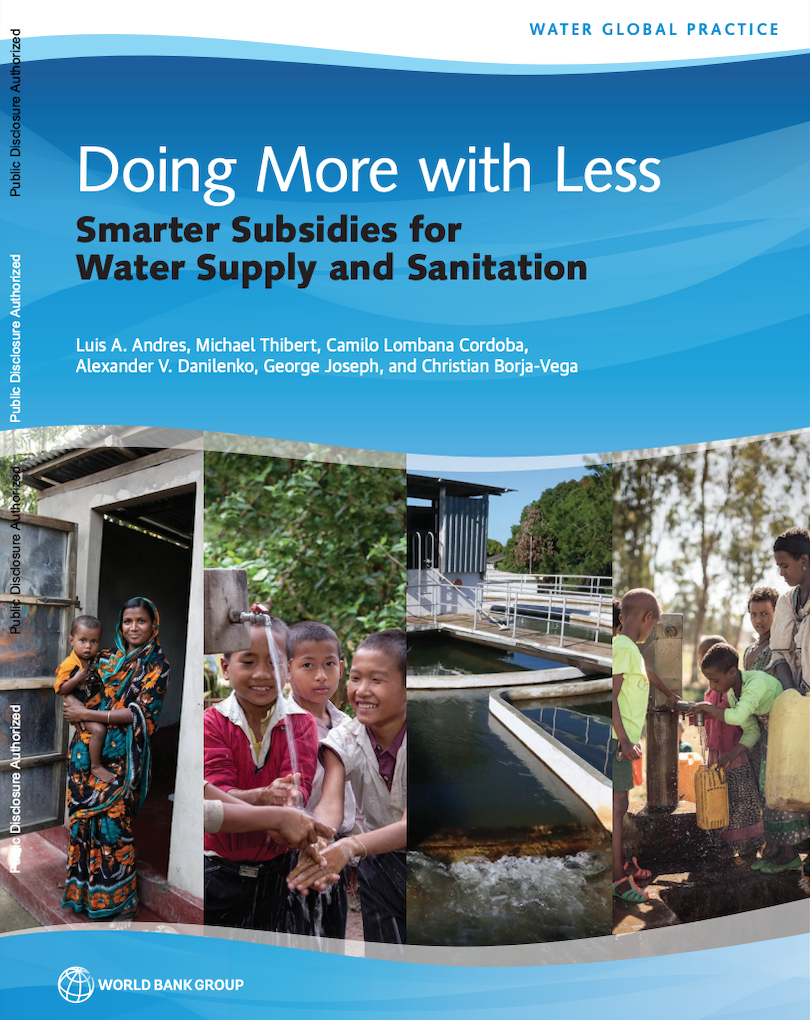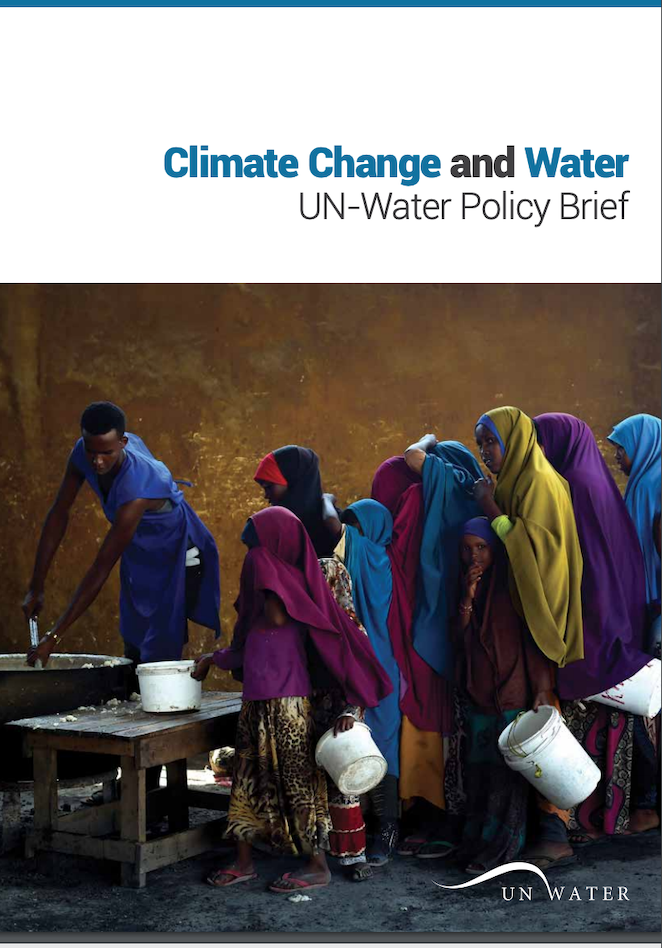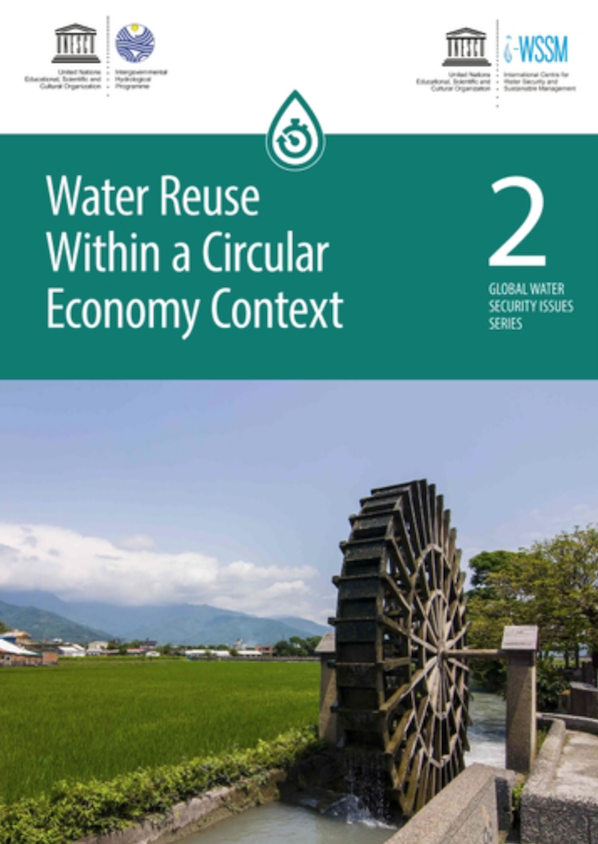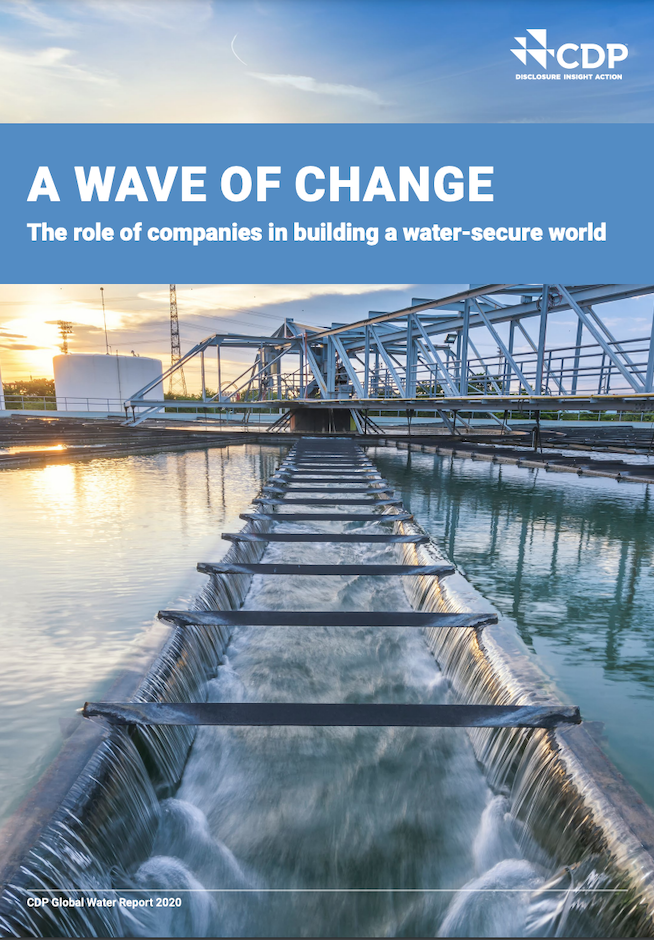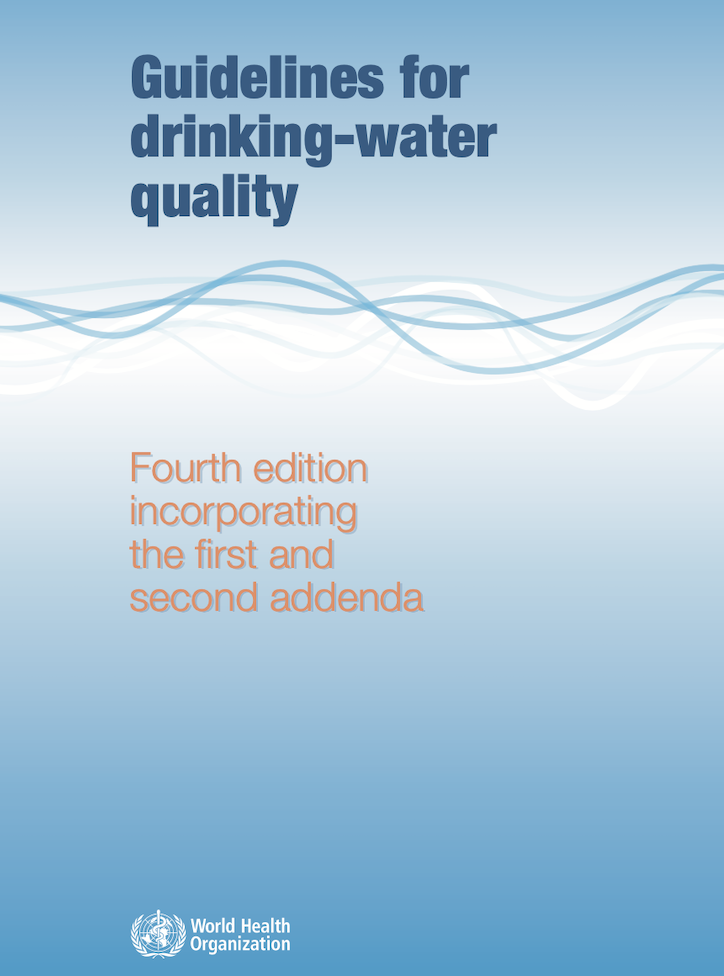Journal Paper by Raya A. Al-Masri, Jonathan Chenoweth, and Richard J. Murphy
Environmental Science and Policy, Volume 100, October 2019, Pages 192-204
ABSTRACT
The Water-Energy Nexus (WEN) is broadly defined as an integrated paradigm for efficiently managing water and energy resources. While several studies have investigated WEN from a resource efficiency perspective, little research has focused on governance and policy integration aspects. In this study, the level of understanding of WEN in Jordan is examined for the first time from the perspective of governance and public policy development. We explored institutional and policy integration gaps between the two sectors by mapping the water and energy policies in Jordan, and holding semi-structured interviews with the key policymakers and stakeholders. While the awareness of the nexus paradigm by officials is increasing, the level of knowledge about WEN varies across the sectors. As water and energy policies are formulated independently, there are no formal mechanisms for collaboration in the policy formulation and implementation processes, nor formal mechanisms for collaboration to guarantee policy effectiveness. Factors such as acknowledging shared understandings between different actors, setting flexible policy boundaries, and introducing specific capacity building plans at the institutional level are identified as critical to enable better WEN governance. Proposals from this study recommend adopting collaboration arrangements tailored to each sector’s needs and existing structures, and supported by effective enforcements to ensure an incremental and steady change toward inter-institutional coordination. A ‘multi-layer approach’ involving appropriate legal and policy frameworks, and adequate human and financial resources; essentially from private sector is suggested. Proposals from this study can help policymakers to effectively plan for joint water-energy investments for a more sustainable future.
This article can be accessed via the Science Direct website. Should you have difficulties accessing the paper, please email the authors for a copy.
 raya
raya
Raya
 yousef-elamer
yousef-elamer
Yousef
 dr-hazim-el-naser-1
dr-hazim-el-naser-1

